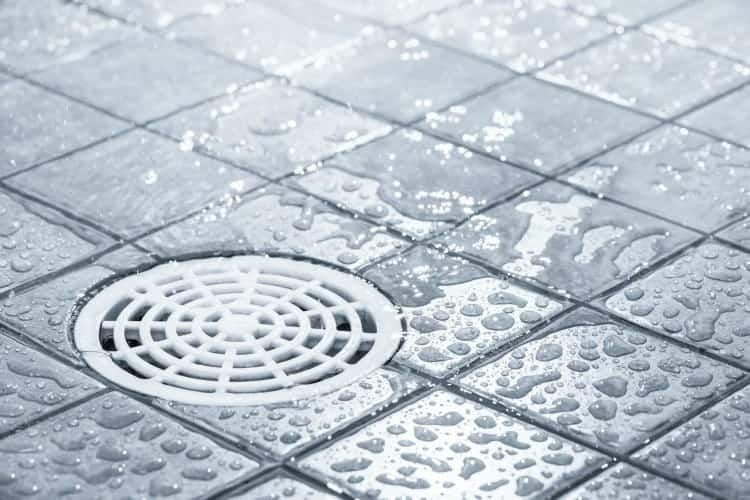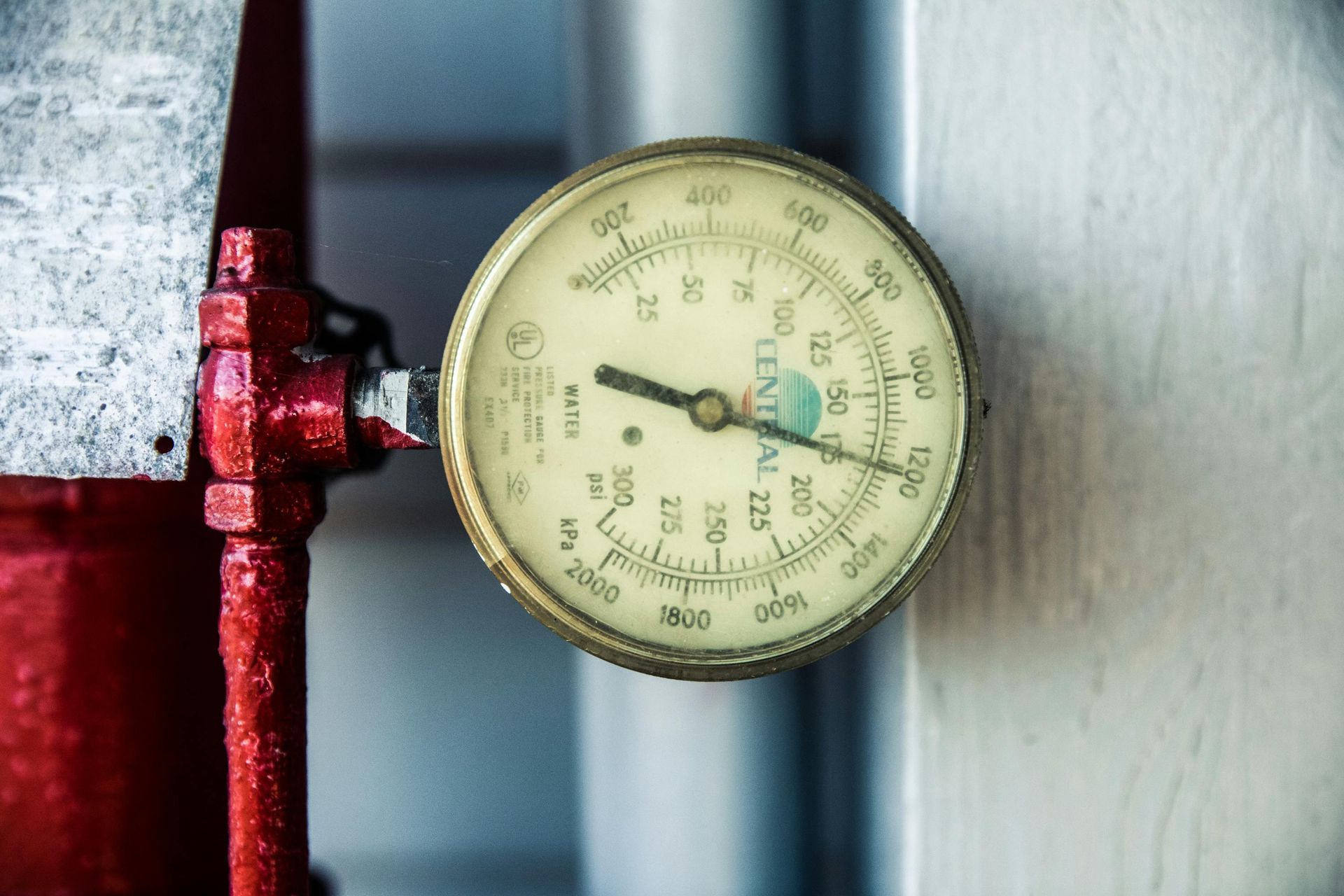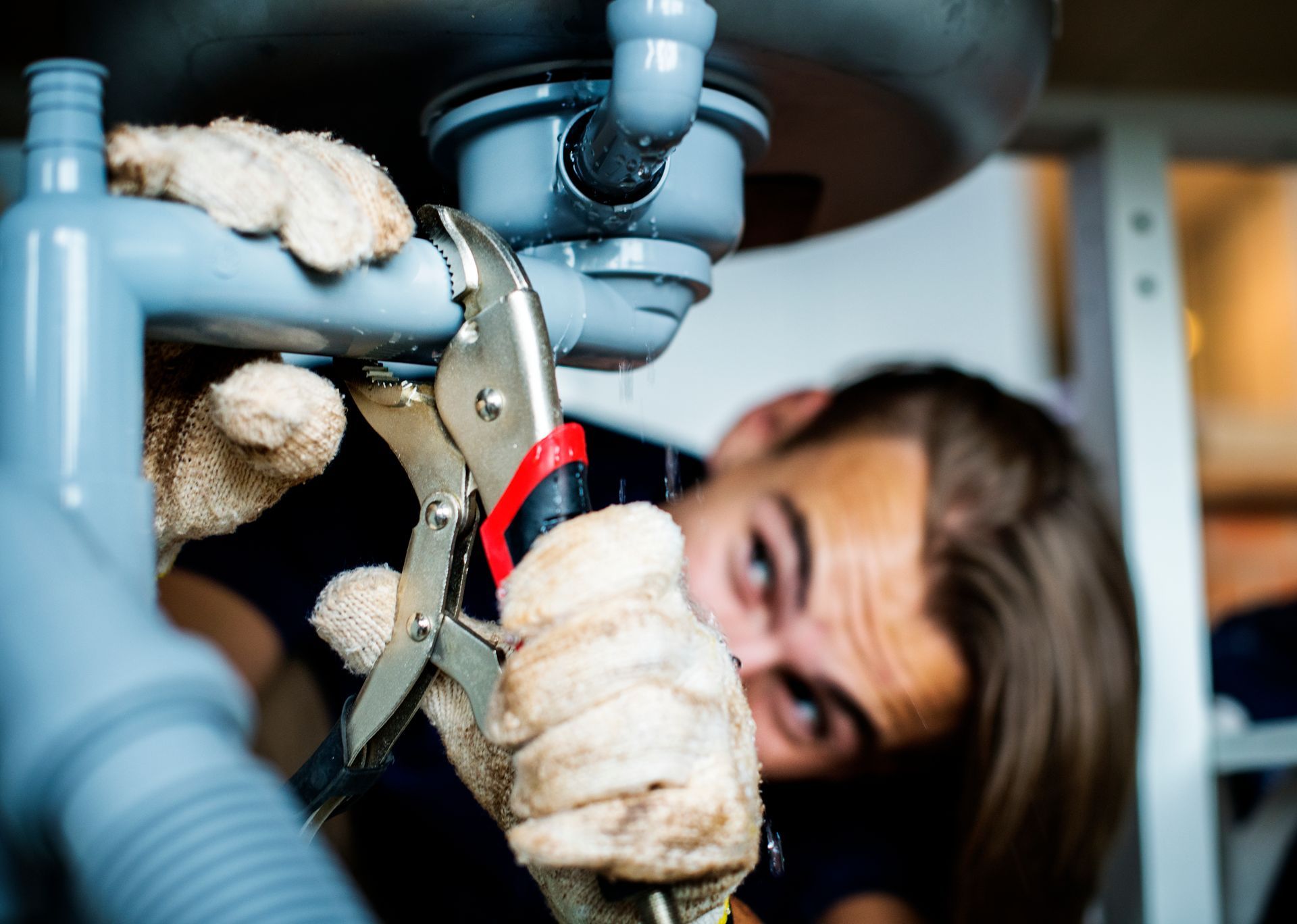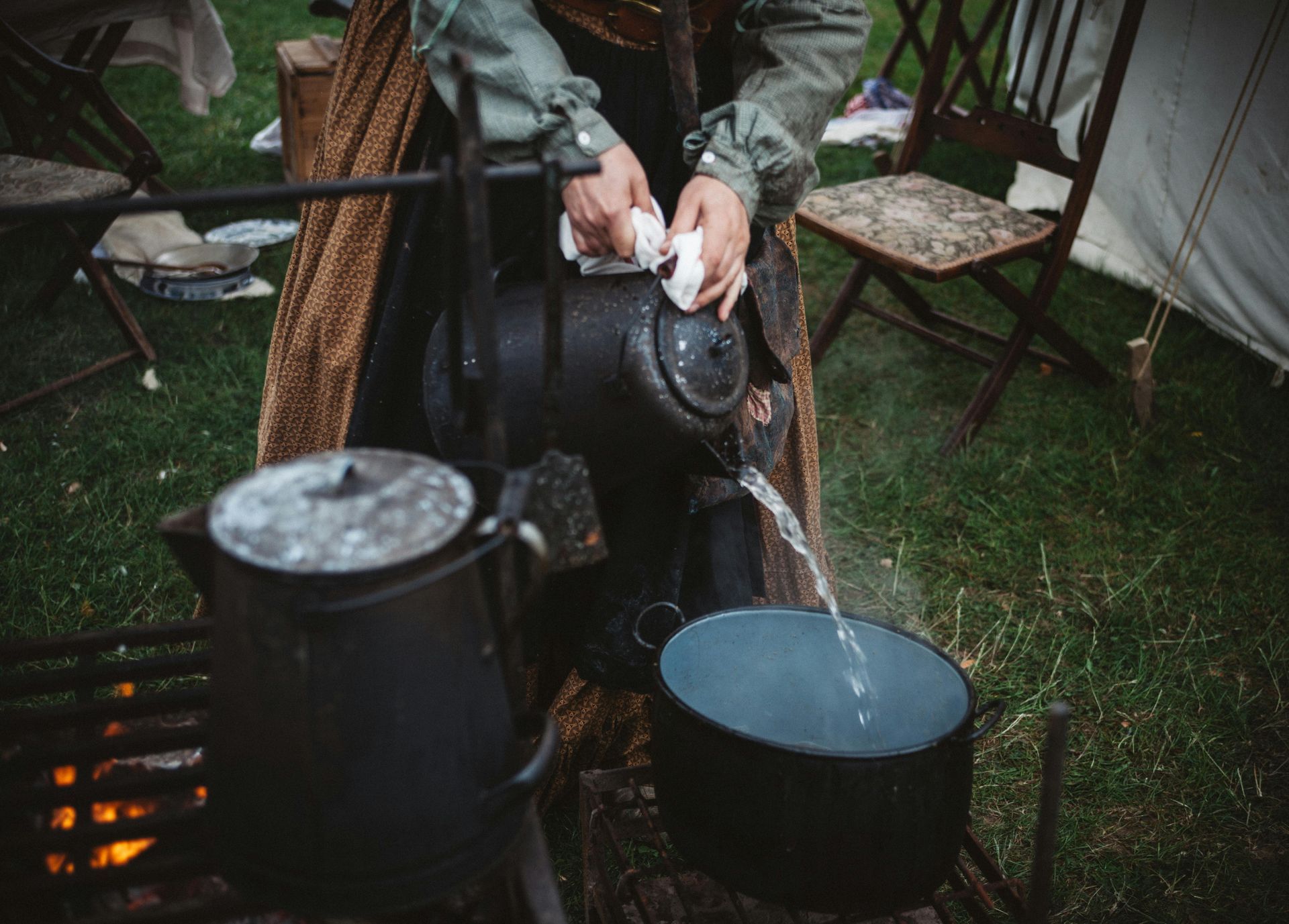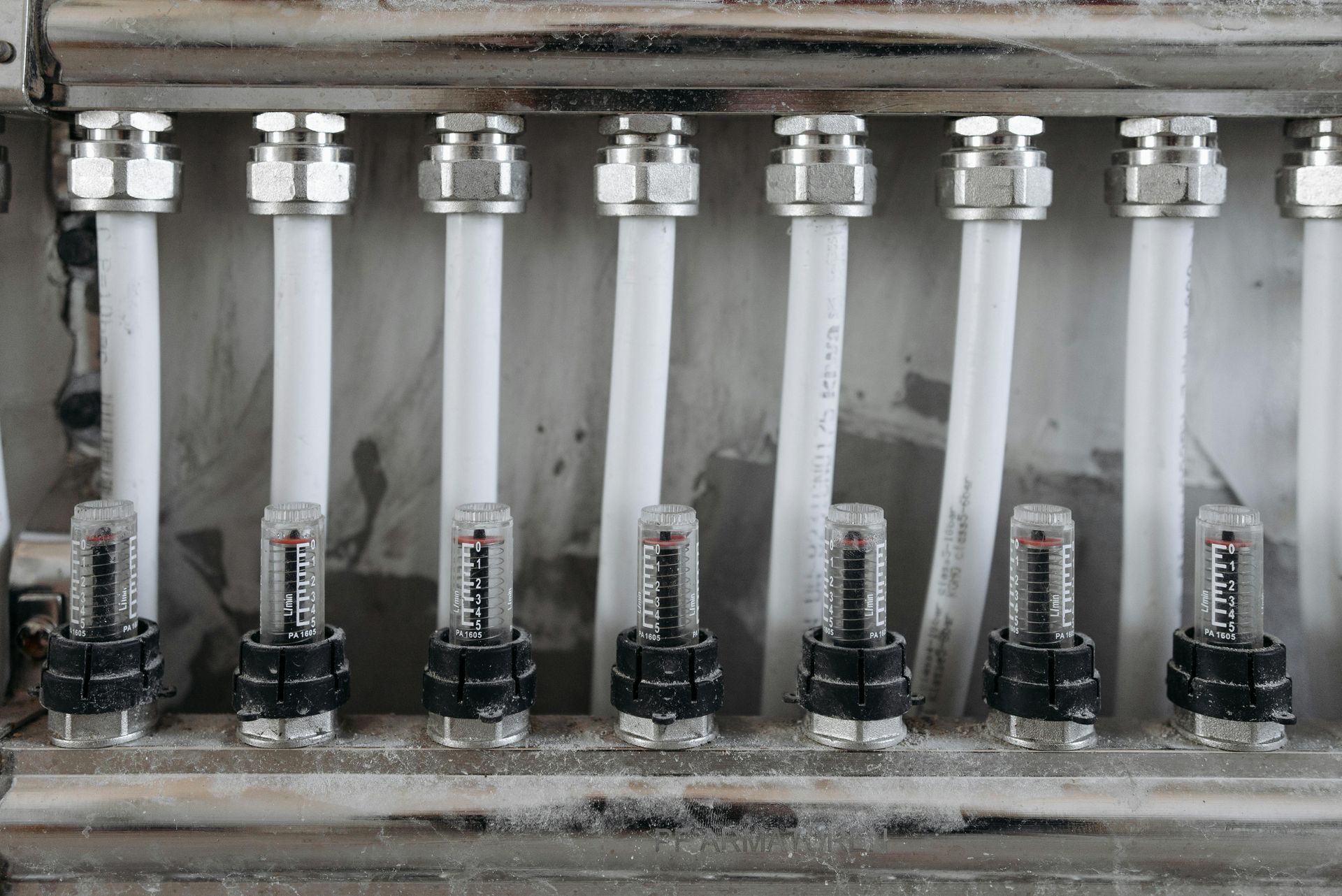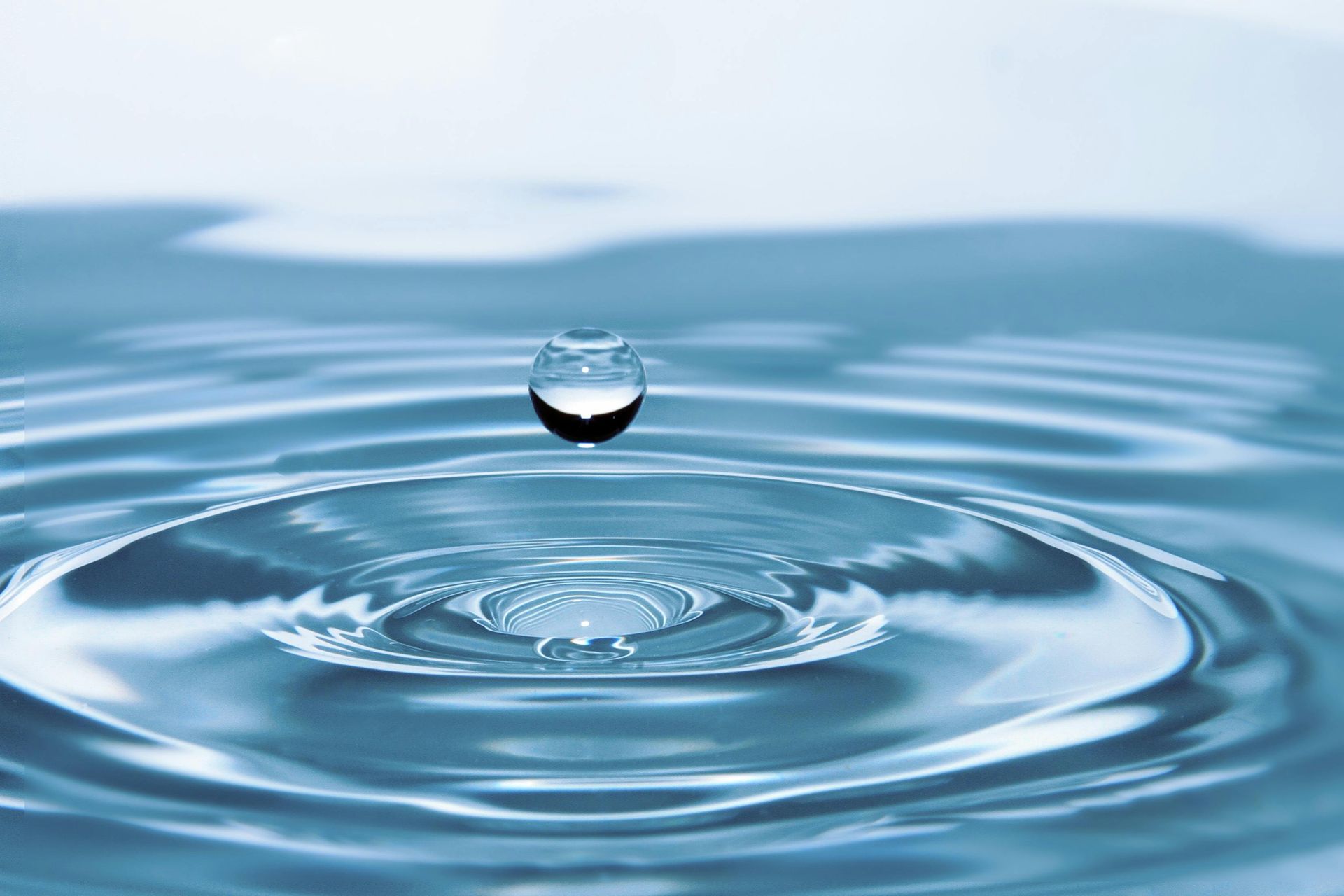Effective Ways To Prevent Clogs In Your Kitchen Sink
Preventing clogs in your kitchen sink drain is essential for maintaining a healthy, efficient, and hassle-free home. Clogged drains are more than just an inconvenience—they can lead to structural damage, health hazards, and costly emergency services if not addressed promptly. By adopting a proactive approach, you can keep your kitchen plumbing running smoothly and avoid the stress and expense of major repairs. This article explores the most effective strategies for preventing kitchen sink clogs, highlights the importance of regular maintenance, and explains when to seek professional help from experts like All City Plumbers. Just as you routinely maintain your lawn sprinklers to ensure optimal performance, your kitchen plumbing deserves the same level of attention.
Understanding the Causes of Kitchen Sink Clogs
Kitchen sink clogs are typically caused by a combination of cooking grease, food scraps, coffee grounds, and soap scum accumulating inside the drainpipe. Over time, these substances can form stubborn blockages that restrict water flow and eventually lead to backups or leaks. Mineral deposits and shifting pipes can also contribute to recurring clogs, while improper use of the garbage disposal can exacerbate the problem.
Smart Habits to Prevent Clogs
The most effective way to prevent clogs is to be vigilant about what goes down your kitchen sink. Never pour grease, oil, or fat down the drain, as these substances solidify and cling to pipe walls, eventually causing a blockage. Instead, pour used cooking oils into a container, let them solidify, and dispose of them in the trash. Scrape food scraps into the garbage or compost bin before rinsing dishes, and avoid sending fibrous or starchy foods—such as potato peels or celery—through the garbage disposal.
Using a mesh drain strainer is a simple yet highly effective method for trapping food particles and debris before they can enter the drainpipe. These strainers are inexpensive, easy to install, and should be emptied regularly to maintain optimal water flow.
Regular Maintenance and Drain Clearing
Even with the best habits, some buildup is inevitable. That’s why regular drain clearing is crucial for keeping your pipes clean and free-flowing. Once a month, pour a mixture of baking soda and vinegar down the drain, let it sit for an hour, and then flush with hot water. This natural cleaning solution helps break down grease and organic matter without damaging your pipes.
For persistent buildup, use a drain snake or a zip-it tool to manually remove hair and gunk. Avoid chemical drain cleaners, as they can corrode pipes and harm the environment. Running hot water down the drain after each use also helps melt away light grease deposits and keeps your pipes clear.
Proper Use of Garbage Disposals
If your kitchen is equipped with a garbage disposal, use it responsibly. Only grind up small, soft food particles, and avoid putting fibrous, starchy, or hard items into the disposal. Always run cold water while the disposal is operating, as this keeps grease and oils in a solid state, allowing the disposal to break them up more effectively. After using the disposal, let the cold water run for a few seconds to flush any remaining debris through the pipes.
Recognizing When to Seek Professional Help
Despite your best efforts, some clogs may persist or recur due to underlying plumbing issues. If you notice slow drainage, frequent backups, or pooling water under the sink, it may be time to call in professionals like All City Plumbers. Their expertise in drain cleaning and advanced techniques such as hydro jetting or drain snaking can resolve even the toughest blockages without damaging your pipes.
In some cases, a clogged kitchen sink can escalate into a plumbing emergency, especially if water is backing up or sewage is present. Emergency services from reputable plumbers ensure that urgent issues are addressed quickly, preventing further damage to your home.
Integrating Drain Maintenance with Broader Home Care
Caring for your kitchen sink drain should be part of a comprehensive home maintenance routine, much like how you maintain your lawn sprinklers to avoid costly repairs and inefficiencies. Regular inspections, timely interventions, and professional support all contribute to a healthier, more resilient plumbing system.
Conclusion
Effective prevention of kitchen sink clogs requires a combination of smart daily habits, regular drain clearing, and prompt professional intervention when necessary. By being mindful of what goes down your drain, using mesh strainers, and performing routine maintenance, you can keep your kitchen plumbing trouble-free. For persistent issues or emergencies, rely on the expertise of All City Plumbers to restore your system’s health and efficiency. Just as you wouldn’t neglect to maintain your lawn sprinklers, don’t overlook the importance of kitchen drain care—your home will thank you for it.

